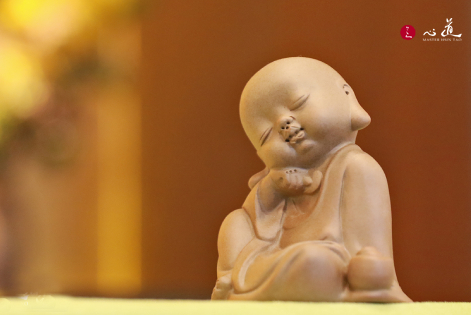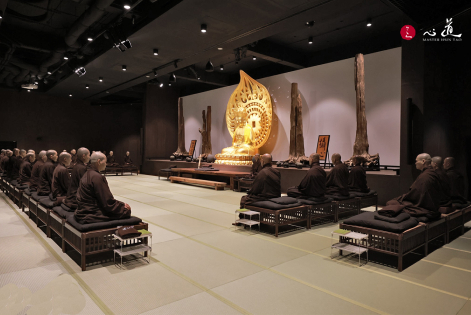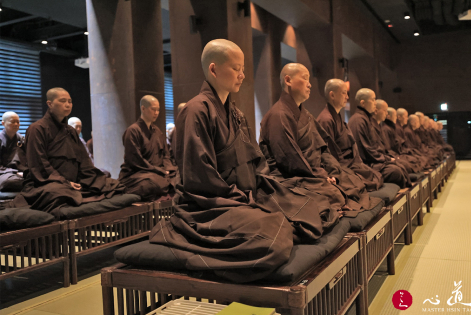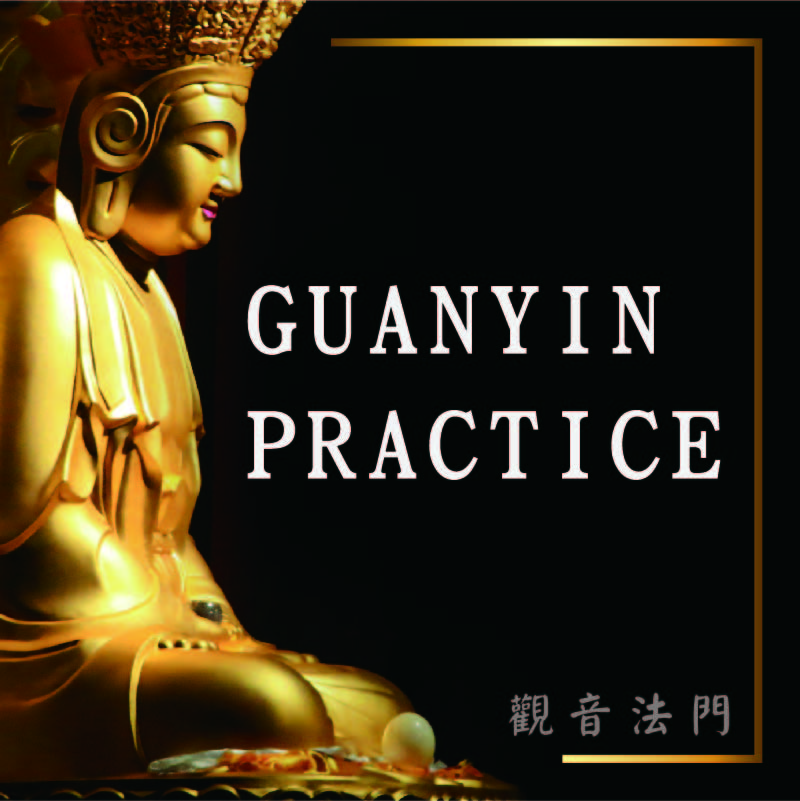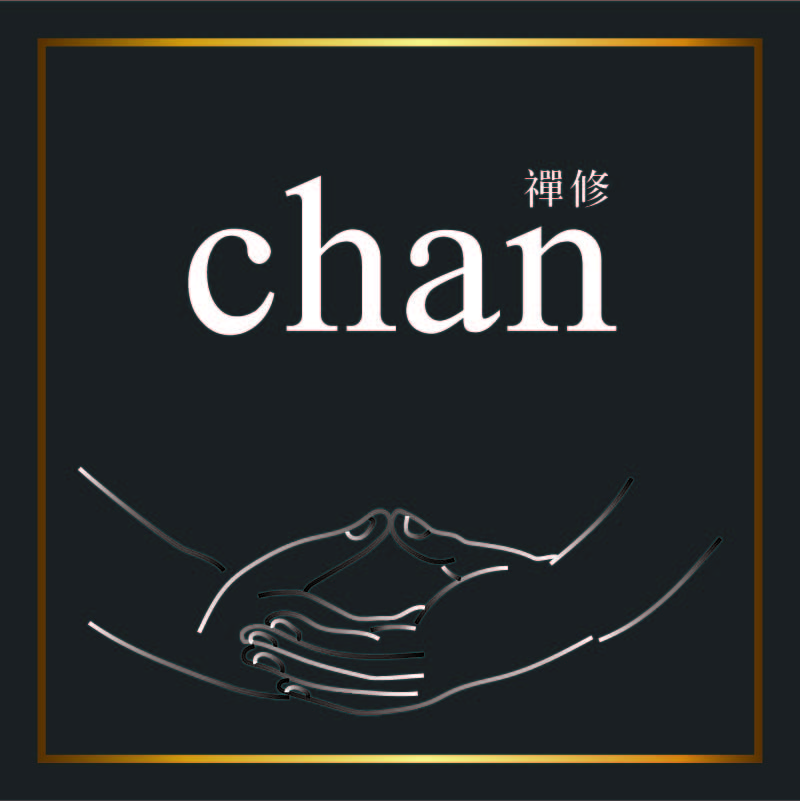
Gazing at the Wall
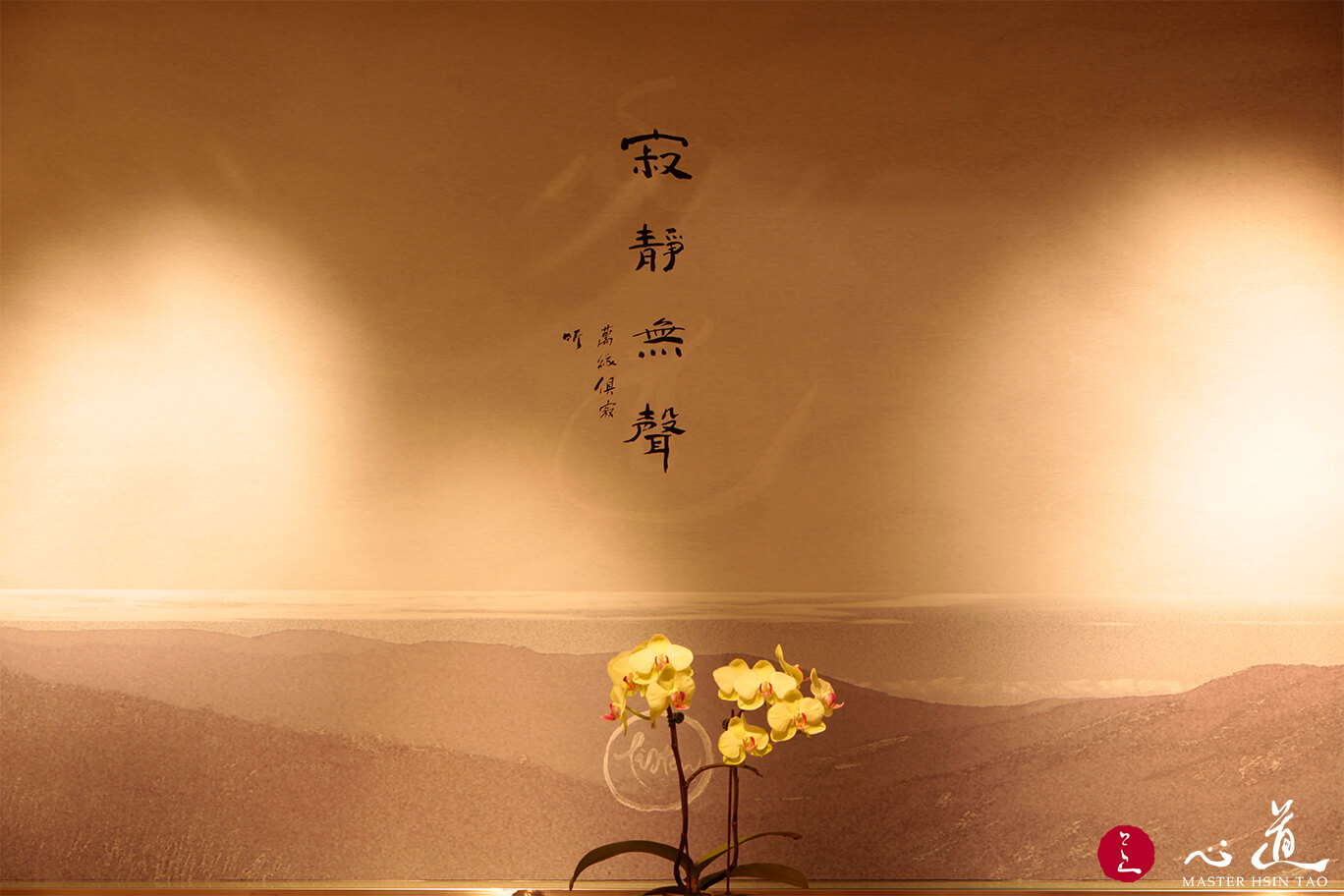 Student:Beginners in Chan practice seems to be quite agitated. How do we practice non-abidance, so that such a mind comes forth?
Student:Beginners in Chan practice seems to be quite agitated. How do we practice non-abidance, so that such a mind comes forth?
Master Hsin Tao: With “non-abidance, such mind comes forth” – how could the mind come about if it has no abidance? When we study more into Buddhahdarma, we’d get to know that the mind is uncompounded without abidance. Whatever the mind projects are emptiness in nature and impermanent. Hence, the mind is non-abidance. It is the original state of the mind. Yet, if we cling to anything, the conceptions generated become "substantial" with real existence. By attaching and generating delusional ideas, we're fixated on many things in the world. Consequently, our mind is distracted by all sorts of conceptions. We are unable to see our true nature.
Since beginningless time, we’ve developed all sorts of habitual tendencies. For instance, someone who is used to drinking every day will find it unbearable if he stops for one day. Likewise, since our birth, growth, to old age, there’s not a day that we don’t generate conceptions or delusions. It is impossible to cut through this pattern right away. That’s why we must practice. How though? Through the recitation of Amitabha’s name, meditation through breath count, reciting mantras, etc. Gradually, our habitual tendencies will be lessened to the point of complete eradication.
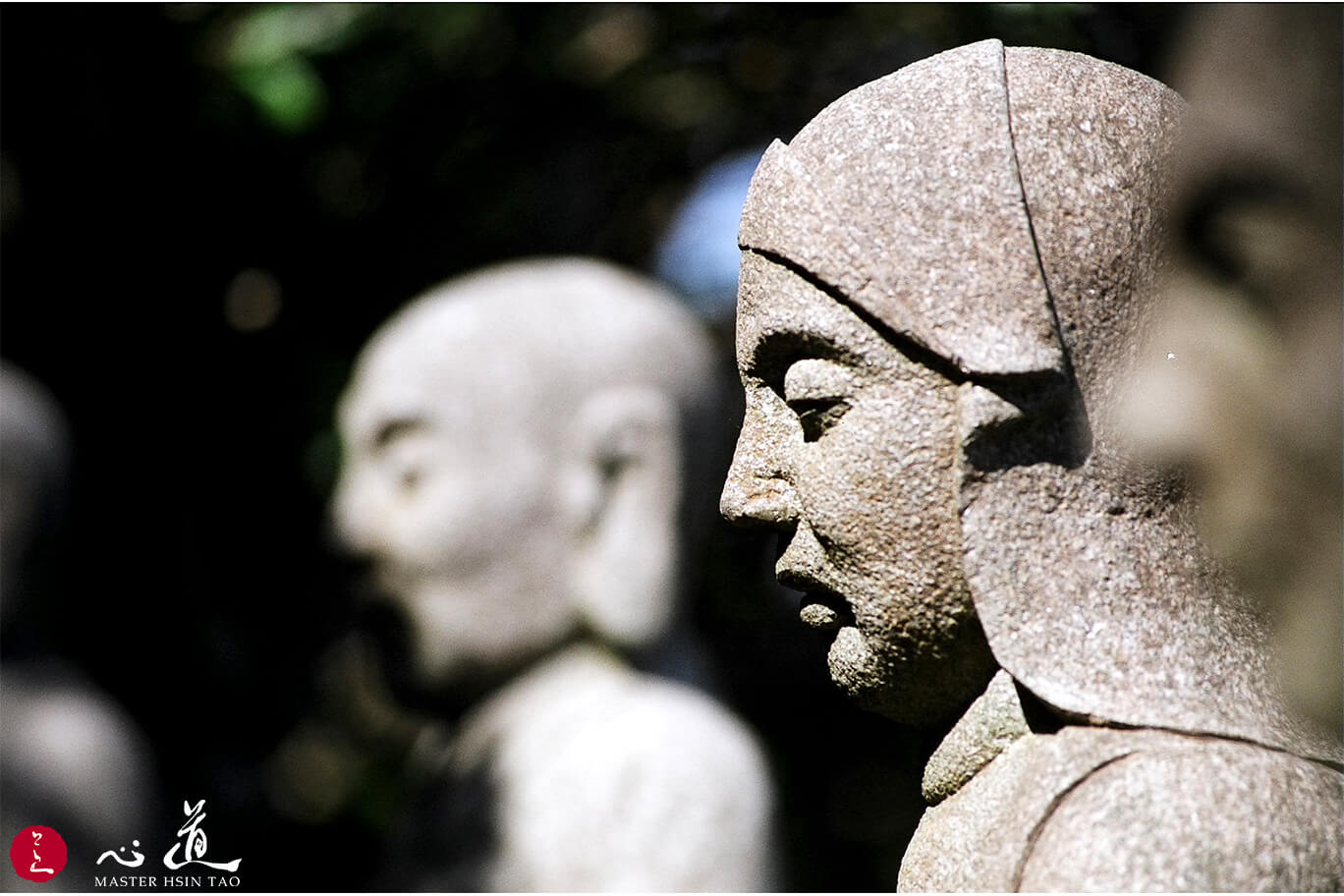 Student: Why did Bodhidharma sit in the cave and gaze at the wall? Why did you [Master Hsin Tao] also practice in an isolated cave? How does it help with Chan practice and one-pointed concentration?
Student: Why did Bodhidharma sit in the cave and gaze at the wall? Why did you [Master Hsin Tao] also practice in an isolated cave? How does it help with Chan practice and one-pointed concentration?
Master Hsin Tao: Bodhidharma and I are of different cases. The reason he sat and gazed was that the timing to teach Dharma to the public hadn't arrived yet. Bodhidharma came to China from India. He had the distinctive features of an Indian with huge eyes and a big beard. People back then were intimidated by his look at first. So, he figured the timing wasn't right, therefore, he demonstrated exceptional power to impress the crowd first. After arriving at Shaolin Temple, Bodhidharma decided to sit in seclusion and faced the wall for nine years. Wow, nine years! People were impressed and curious. They all crowded up and asked for teaching. That’s when they realized the benefits of Dharma.
That's not my case though. My practice was weak and my brain was quite dull back then. I couldn't generate proper ideas for people I crossed paths with. Not only can't I offer them any constructive help, but I was also worried about my affirmation. That's why I decided to hide in seclusion to train my stabilization. As I slowly realized the essence of all dharmas, all the obscurations were dissipated. That's when I decided to return to society to work with sentient beings.
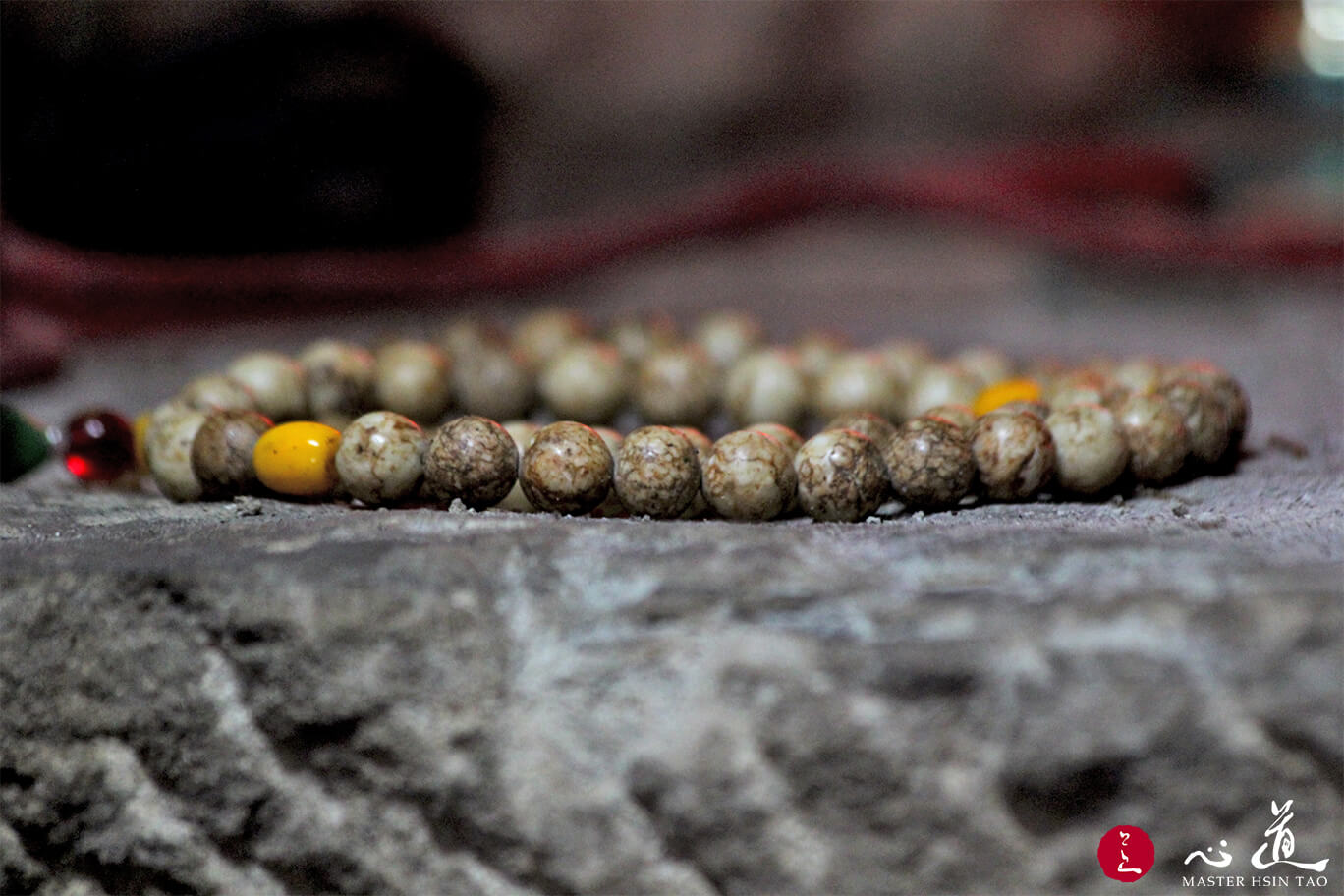 Student: Why is it that a practitioner is troubled by all sorts of illness, discomfort, and criticism from closed ones when the mind is determined to practice? Is destiny pulling a joke on me? Please kindly advise.
Student: Why is it that a practitioner is troubled by all sorts of illness, discomfort, and criticism from closed ones when the mind is determined to practice? Is destiny pulling a joke on me? Please kindly advise.
Master Hsin Tao: When I was in the army at the age of fifteen, I decided to turn vegetarian. A lot of friends tried to stop me. They said that I’m a weirdo from space because I’m different from others. Later, I recognized a bigger gap between others and me after I've had more experiences with society. Not only we didn't find common topics, but our ideas were very different too. However, these are not the real obstacles, although they would surely impose challenges on your course of practice. With every experience, we learn and grow. That’s how we’d approach the perfect enlightenment in the end. This is Buddhadharma.
Therefore, the first thing to do when you are confronted with an obstacle is to reflect, “Am I not being compassionate or respectful enough towards others? If I had done a good job, they would naturally treat me with respect." In my case, I treated people kindly so they also return in the same manner – despite the big difference in our diet. I was selected as the role model of humility in the army. That being said, manage your interpersonal network with patience, be easy-going and compassionate with others. Obstacles are the incentive for you to improve. Do not let obstacles beat you to the ground.


